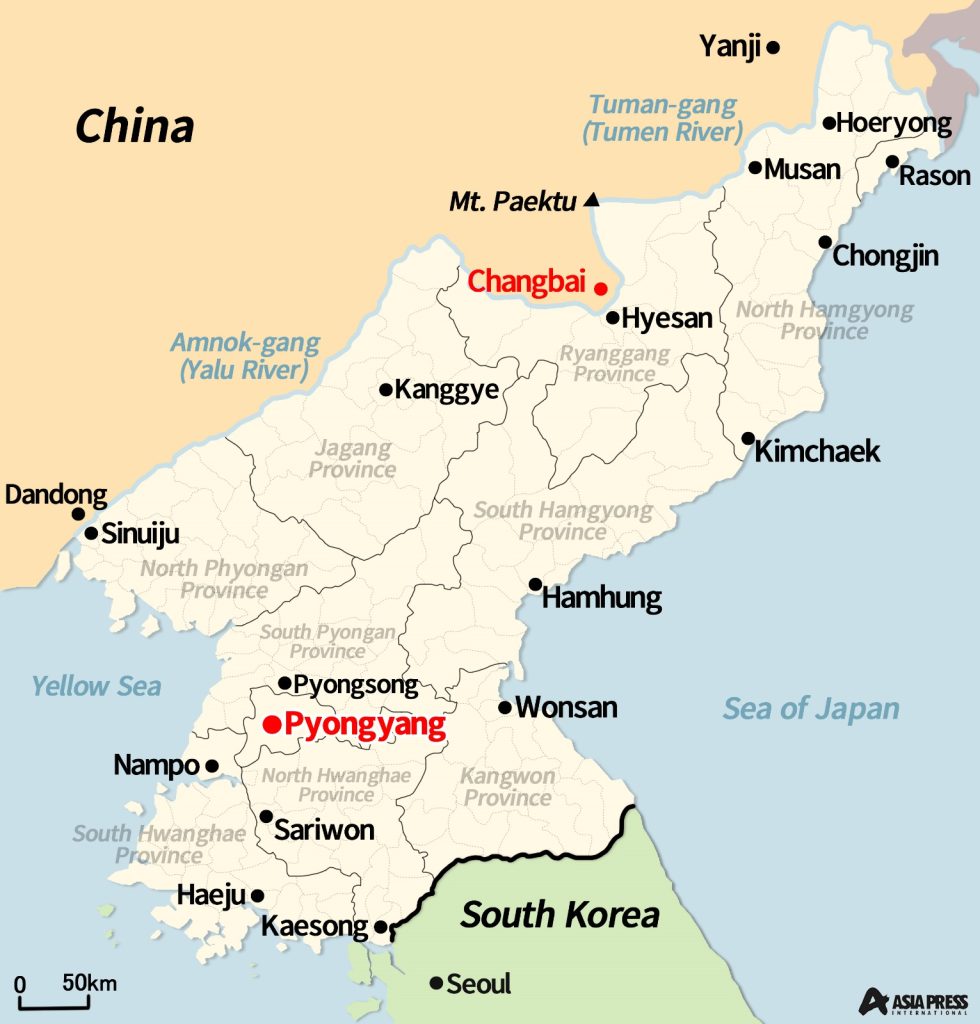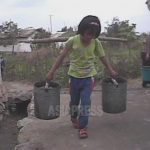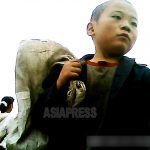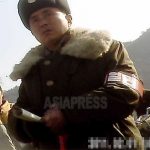
North Korean authorities have established forced labor camps in rural areas, according to an ASIAPRESS reporting partner in North Hamgyong Province. Since spring, the regime has been implementing forced labor for 20 days to 3 months, targeting unemployed individuals and those who have abandoned their urban workplaces. (By JEON Sung-jun / KANG Ji-won)
◆Rural 'Short-Term Labor Camps'
Forced labor camps, akin to rural versions of 'short-term labor camps,’, have been confirmed operating in North Hamgyong Province. The ASIAPRESS reporting partner observed detainees at a farm during a mid-July visit.
※ A 'short-term labor camp' is a forced isolated place where individuals deemed to have disrupted social order, disobeyed authorities, or committed minor offenses are subjected to forced labor for up to one year, with most of the cases being without judicial procedures. These camps exist in cities and counties nationwide and are managed by the national police agency.
"Unemployed individuals were sent to farms to work for 20 days to 3 months," the reporting partner stated. "There were 12 people caught for not reporting to their workplaces. All were men, usually staying for over 20 days."
In North Korea, where the state assigns jobs, unemployment or unauthorized absence is punishable. However, many people illegally leave their workplaces since they do not receive enough wage or rations. The labor departments affiliated with people’s committees provide lists to the Ministry of Social Security (the national police agency), who determine those subject to punishment after investigation.
◆Harsh Conditions: 13-Hour Workdays and Poor Living Quarters
"Local police supervise those punished. They work from 7 AM to 8 PM, staying in work team propaganda rooms or guard rooms," the reporting partner explained.
Existing farm buildings are used due to lack of dedicated facilities. Detainees perform hard labor like weeding, field management, and waterway repair. "They looked very tired, probably from many people sleeping in small spaces," the reporting partner noted.
Unlike city-based camps, rural camps have lax security. However, escape attempts are rare due to limited options and the threat of recapture.
"People are trying to attend work, even if idle, to avoid forced labor. There's an atmosphere of caution," the reporting partner added.
This measure appears to address rural labor shortages while enforcing workplace attendance. ASIAPRESS has not confirmed similar practices outside North Hamgyong Province.
※ ASIAPRESS communicates with its reporting partners via smuggled Chinese mobile phones.

- <Interview with a N. Korean Woman>What was happening in the spring of 2024? (1) Who is starving and why?
- <Interview> 'Even Mattress Metal Springs Are Not Allowed' China's Unexpectedly Strict Economic Sanctions on N. Korea
- <Inside N. Korea>The Expansion of Card Payments: Realities and Reliability? (1) Wages paid by card, which can also be used in state-run stores and markets
- <Inside N. Korea>Recruitment for the world's longest military service(1) This year 8 years for men, 5 years for women
- <Inside N. Korea> Implementation of the large-scale restructuring of trading companies (1) Called “anti-socialist hotbeds,” government forces ‘bases’ of trading companies to close down and consolidate

























